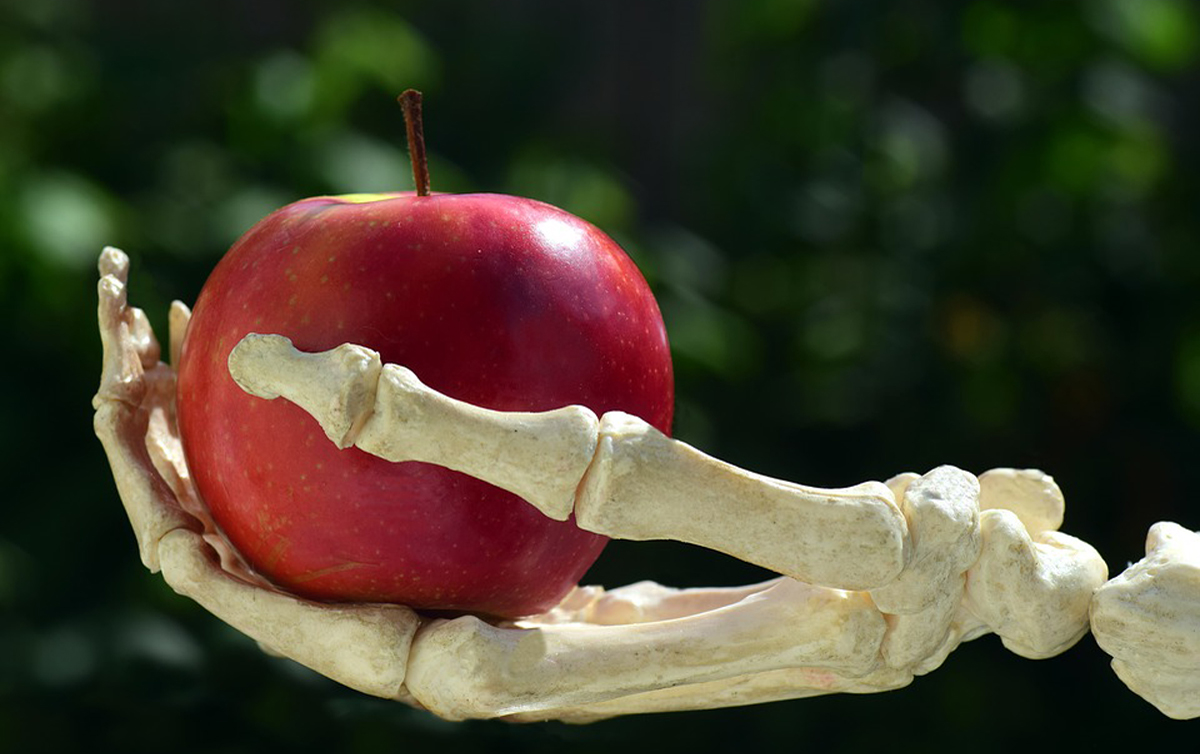
Your body has a bone to pick with you about your diet
By Victor Romano
Most people know that when you look for a house, you want a place with “good bones.” In other words, if the structure of the home is in good shape, most people feel they can fix up the rest. If a home doesn’t have good bones, the rest of it doesn’t matter.
The same can be said of your body. If you don’t take care of your bones, the rest of your body will quickly fall into disrepair.
Taking care of your bones doesn’t require a lot of maintenance, but that doesn’t mean it should be overlooked. Just a little moderate exercise and eating some of the right food and drinks is all that is required.
Vitamin D, for example, is important for the absorption of calcium and aids in improving muscle strength and balance. A deficiency of Vitamin D can cause soft, thin, brittle bones. It’s also associated with depression, Parkinson’s disease, and seizures. Moderate weight training is always recommended to keep bones strong, even for senior citizens.
Instead of taking calcium pills, the best way to get calcium into the body is with a healthy diet. Here are a few ways to add calcium to your diet to keep bones healthy:
—Start the day with calcium-fortified orange juice.
—Cook cereals with nondairy milk instead of water.
—Spread nondairy cream cheese on bread or toast instead of butter or margarine.
—Add low-fat nondairy cheeses to sandwiches, salads, and pizzas.
—Include higher-calcium greens such as spinach, broccoli, and kale in your salads.
—Enjoy nondairy yogurt with berries for dessert.
—Make smoothies with frozen fruit, fortified orange juice, and nondairy yogurt.
A poor diet can lead of a lot of health complications, but poor bone density is usually overlooked by many people trying to get healthy. Getting enough Vitamin D and calcium in the diet is well worth the effort.
Dr. Victor Romano is an orthopedic surgeon in Oak Park, Illinois, and the author of “Finding The Source: Maximizing Your Results – With and Without Orthopaedic Surgery.”



